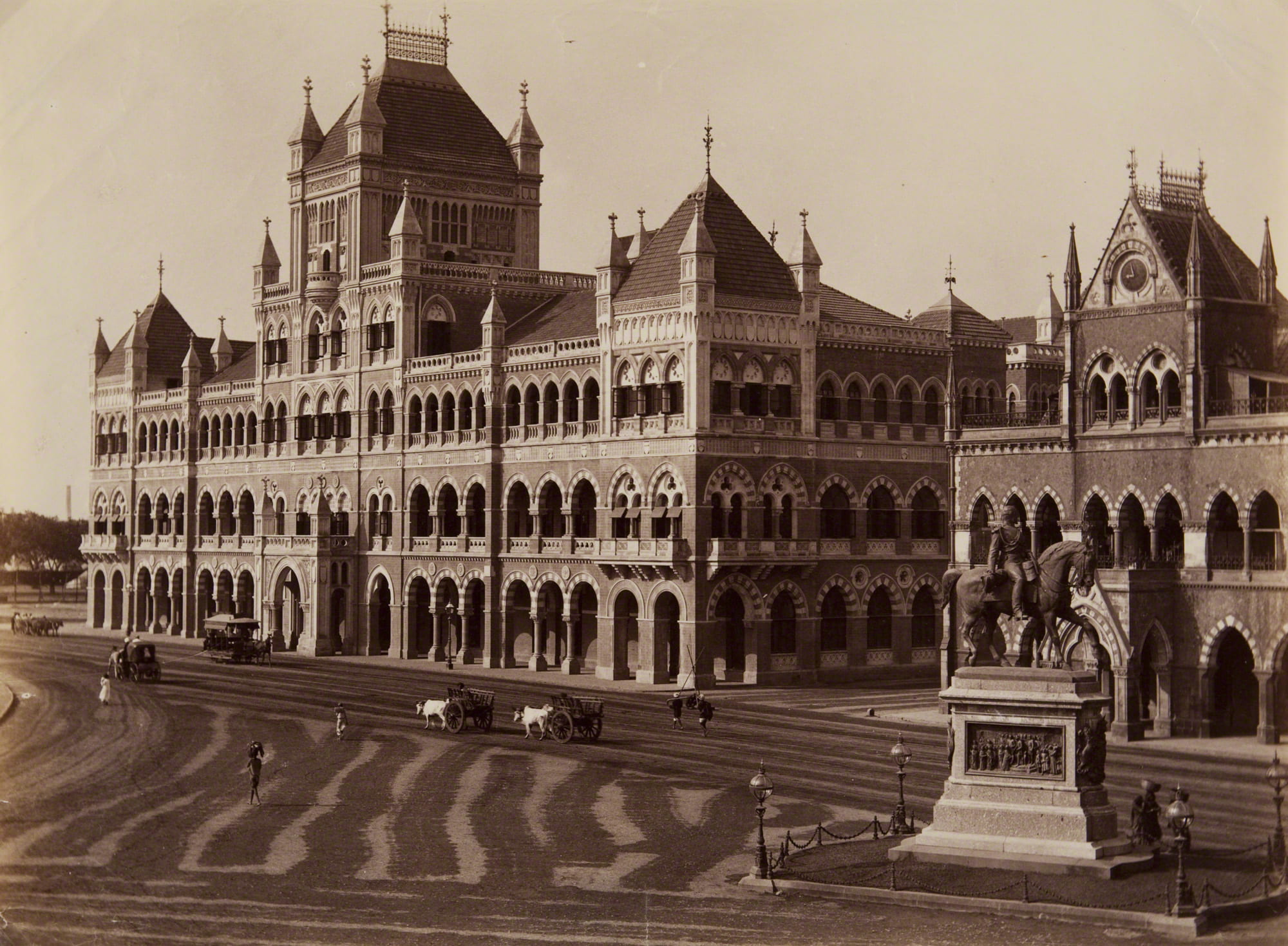Ramla Wahab-Salman
Faculty of Humanities, University of Kelaniya, Sri Lanka
“Mountstuart Elphinstone and the Mediation of Global Forces and Local Agencies: Colonial Knowledge, National Histories and Public Higher Education in South Asia”
Understanding the mediation of global forces and local agencies in South Asia Ramla’s research includes the historical examination of Muslim Nesan (Muslim Friend), the first Ceylon Moor newspaper publication edited by M.C.Siddi Lebbe in the final decade of the 19th century. It examines the circulation of Muslim Nesan through South and South East Asia in the light of connecting through journalism over transnational issues of global politics and identity of Muslims through the technological medium of the modern printed press over traditional lithograph prints. Pan-Islamism practiced by Turkey and its repercussions throughout the British and Russian Empires, Independence Movements of Egypt and the Sudan, trends of Wahhabism in Arabia and educational renaissance amongst Indian Mussalman were among the topics addressed by Lebbe within the publication. Of the most prominent influences to Lebbe’s publication was the presence and authoritative political opinion of Egyptian political exile Orabi Pasha exiled in Colombo on matters of the Middle East and the Sudan which were transmitted via Muslim Nesan to South East Asia. While working through existing Indian Ocean networks of trade and transmission of ideas, Lebbe connected over newer technologies with a readership in the South Indian towns of Killikirai and Kalyalpattinam and South East Asia in the cities of Singapore and Penang.
Present Ceylon Moor historiography presents gaps in understanding of the intellectual affiliations of the Ceylon Moor and Arab intelligentsia located in British Ceylon in the late 19th century. Ramla’s research interests within this field include the decline of the usage of the language of Arabo-Tamil in the late 19th century in favour of British influenced models of education within Ceylon Mohammedan society instead of the traditional Madrasa veranda school system with religious and scientific literature and text being passed from teacher to student. The founders of the institution of Mohommedan modern education, influenced to an extent by Sir Syed Ahmed Khan, reached limited success in their endeavours in the establishment of the Zahira College in Colombo in 1892 named after Al-Azhar University.
Ramla Wahab-Salman is based in Colombo at the American Institute for Lankan Studies as their Associate Director of Programming and is a Council Member of the Royal Asiatic Society of Sri Lanka. She is also a researcher in the field of Islam in South Asia. Ramla holds a Masters degree in History (South Asia) from the School of Oriental and African Studies (SOAS), London and Bachelors (Hons). degree in History from Lady Shri Ram College, University of Delhi. She has presented academic papers at the Center for international History, Columbia University and the American Institute for Sri Lankan Studies workshops on ‘Muslims in Social Sciences’ . Ramla’s Masters’ Degree dissertation research was titled Sonahar, an exploration of Moor language in Ceylon. She has spoken at the Galle Literary Festival on the Bittersweet Histories of the Muslims of South-West Sri Lanka. She has produced a documentary film supported by the Prince Salie Foundation on Prince Salie: A Story of Sapphires and Steamships. Ramla has previously handled roles in research and administration with the British Museum, International Centre for Ethnic Studies, Colombo, Lakshman Kadirgamar Institute for International Relations and Strategic Studies and the Samkathana Research Archive, University of Kelaniya.
